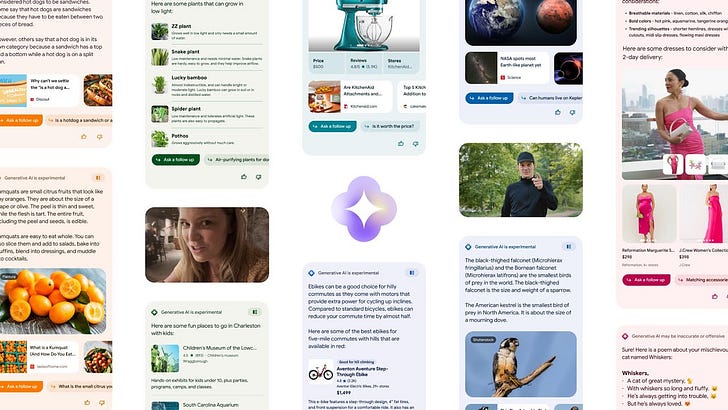
In recent years, Elsevier has provided relatively good access to their content via APIs, whether it be via the Scopus API for metadata including bibliometrics or even full-text via Sciencedirect API as long as you are an institutional customer, typically at no additional fee. My suspicion is this feature isn't that well known even among librarians.









